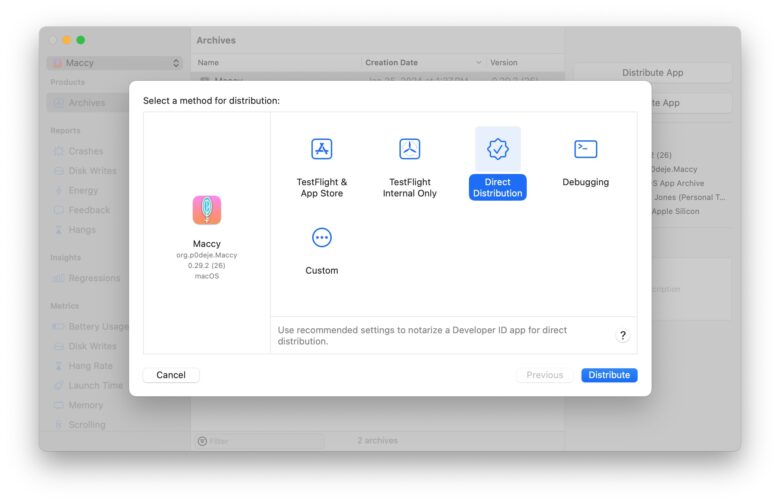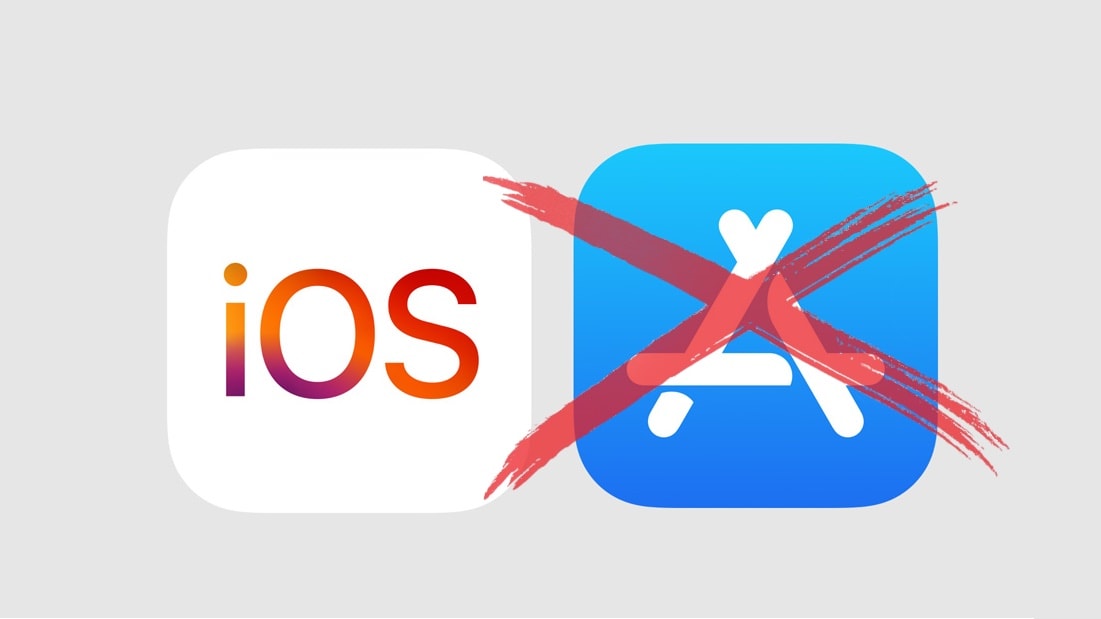Apple is bringing sideloading and alternate app stores to the iPhone — but with significant restrictions.
Apple gave EU developers guidelines and access to the tools needed for sideloading — installing applications that don’t go through the App Store. But the new rules require these apps to be approved by Apple before they can be installed by iPhone users. And they need to be in alternative marketplaces, not directly available for download.
In other words, sideloading won’t be the free-for-all some people had hoped.
This is part of sweeping changes to iOS, Safari and the App Store required by the European Union’s Digital Markets Act. And Apple’s announcement of these changes in Thursday is loaded with warning about how sideloading brings risks for users.
Apple goes all in on potential problems of leaving App Store
Apple fought tooth and nail against the iPhone sideloading provision in the EU’s Digital Markets Act. But it lost, and is required to implement the changes beginning in March. This will happen with the release of iOS 17.4.
But the Mac-maker isn’t going quietly. It’s doing everything it can to warn EU residents to not use alternative iOS application marketplaces.
A statement from Apple on the required modifications to the App Store says:
“The DMA requires changes to this system that bring greater risks to users and developers. This includes new avenues for malware, fraud and scams, illicit and harmful content, and other privacy and security threats. These changes also compromise Apple’s ability to detect, prevent, and take action against malicious apps on iOS and to support users impacted by issues with apps downloaded outside of the App Store.”
To be clear, this is something only residents of the European Union need to be concerned about. As Apple stated:
“The changes are available for developers who distribute apps in any of the 27 EU member countries and only apply to apps available and distributed to users in the EU.”
iPhone sideloading limited to alternative app marketplaces
Under the new rules, sideloading an iPhone application won’t be as easy as directly installing an app onto a Mac.
When the DMA passed in 2023, some companies expressed interest in letting iPhone users install applications right from online advertisements. That’s not going to be possible. Apps must come from an alternative marketplace and “marketplace apps may only be installed from the marketplace developer’s website,” said Apple.
Still, Apple is easing up on some of the more draconian limitations on developers. Whether devs will be satisfied with the changes remains to be seen, though. (Update: Some are clearly not.)
Software outside the App Store will be checked for safety
If a developer wants to distribute an app outside the App Store, it doesn’t need to pass through App Review, a notorious barrier to getting published. Developers have long complained about the seemingly arbitrary and inane reasons their apps or updates have been rejected, with wildly inconsistent enforcement of rules and slow communication.
There is still one hurdle remaining, though. Apps for sideloading will need to be notarized. This simpler process is “focused on platform integrity and protecting users.” The software will be checked for “threats like malware or malicious code, and risks of installing apps that misrepresent their functionality” — basic security checks.
Information Apple gathers during the notarization process (a description of the app, marketing screenshots, etc.) will allow users to check out an app before it’s installed from an installation sheet.

Screenshot: D. Griffin Jones/Cult of Mac
This is how it already works on the Mac. Even if developers not planning on selling an app on the Mac App Store can have it notarized by Apple. When Mac users open an app that has been notarized, there aren’t any scary dialogue boxes warning that the app may be unscrupulous.
But software distribution won’t be exactly like it is with Mac. The instructions for developers note that “Apple will encrypt and sign all iOS apps intended for alternative distribution.”
Cutting App Review out of the process, Apple will presumably be more lenient on the types of iPhone apps that are allowed to be sideloaded (video game emulators, clipboard managers, etc.) while still maintaining a degree of platform safety.
App notarization is in addition to a security feature that will “prevent iOS apps from launching if they’re found to contain malware,” just in case something slips through the cracks.
D. Griffin Jones contributed significantly to this article.


